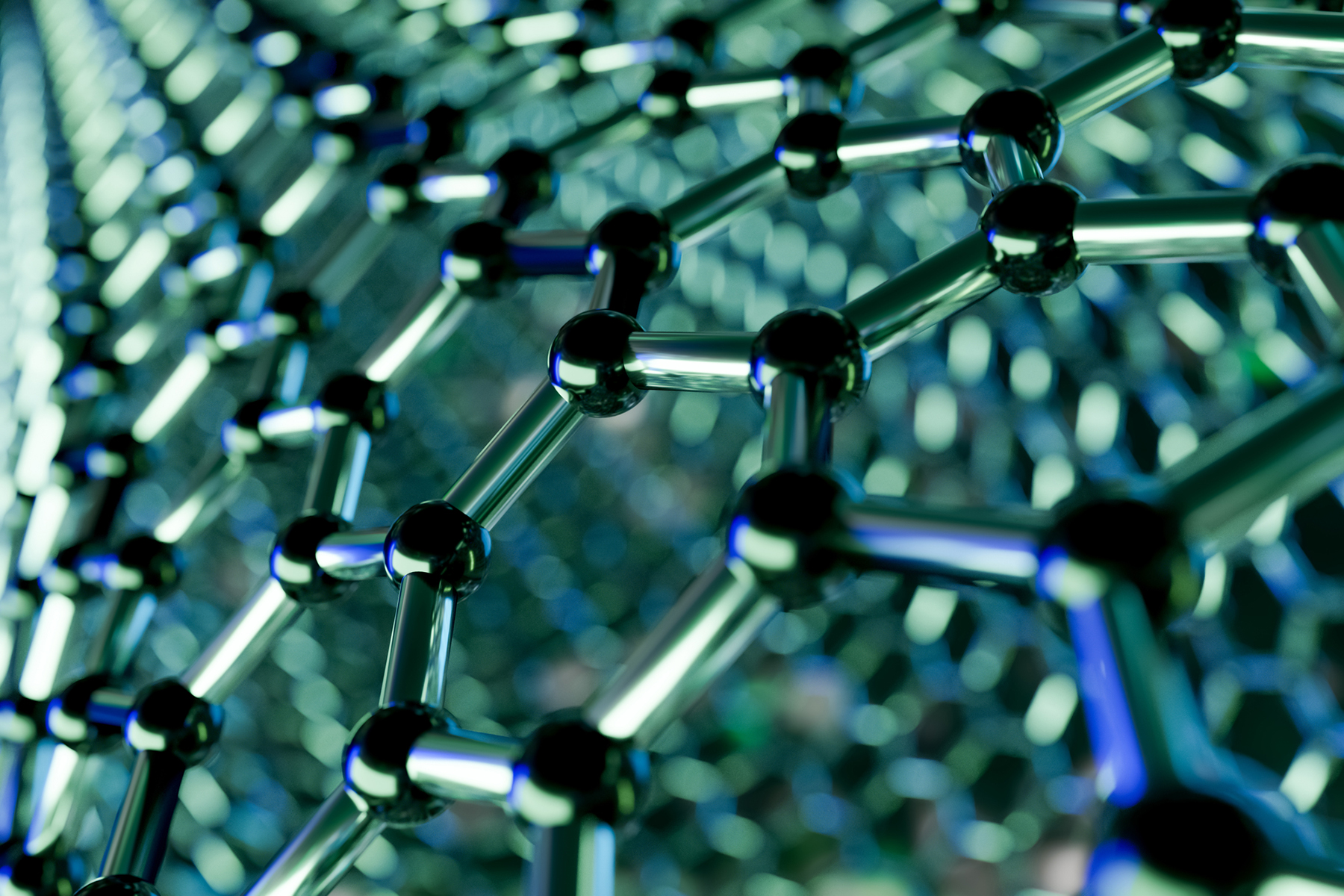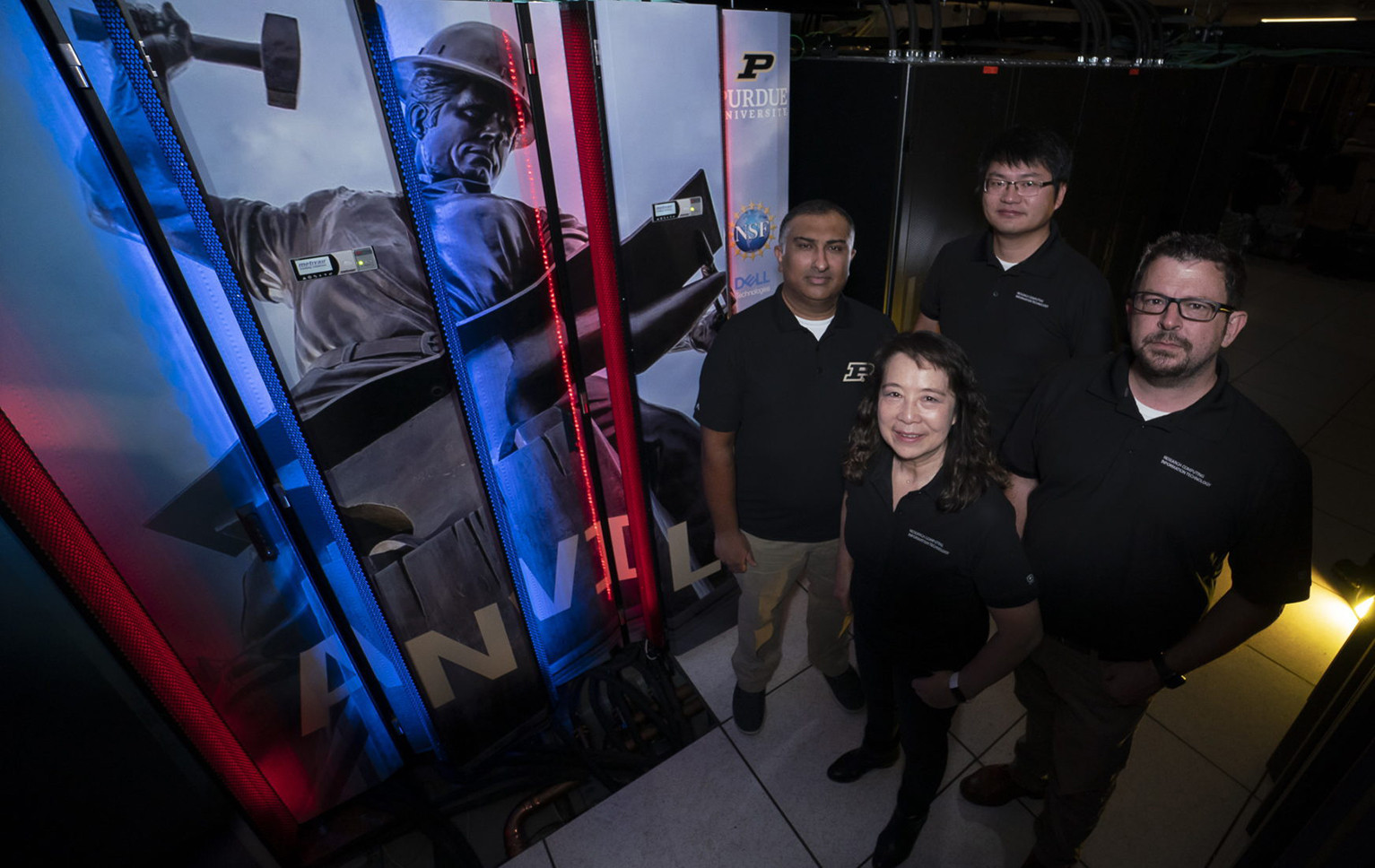Measuring the Impacts of Plasma Shock Waves
ACCESS resource Stampede2 aids scientists in analyzing solar wind

ACCESS resource Stampede2 aids scientists in analyzing solar wind

Some scientists have recently studied perovskites because of their material properties that can be used in things such as solar cells. A team of researchers from Ames National Laboratory and the Swiss Federal Institute of Technology in Zürich – along with a talented undergraduate – used the powerful HPC resource at the San Diego Supercomputer Center for their study.

Engineering scholars from Johns Hopkins University used Expanse at the San Diego Supercomputer Center at UC San Diego to create simulations to model the friction between two rough surfaces coated with fatty acids.

Researchers at Cornell University help illuminate the future of wind energy in North America.

University of Kansas researchers who study a rare form of Alzheimer’s disease used Expanse at the San Diego Supercomputer Center at UC San Diego to conduct studies on how mutations of a critical protein enzyme could be treated to better control thought, language and memory.

Purdue’s Anvil supercomputer has only been operating for a year, but it already has racked up an impressive number of achievements.

Researchers use Bridges-2 supercomputer to develop software that mimics properties of AI that are more understandable to humans.

What if your clothes could tell your phone you’re in distress? Or your shoes could recharge your phone? ACCESS enables The Internet of Everything.

UCLA researchers found that boron arsenide, a chemical compound used in high-power computer chips, has a unique property – its ability to conduct heat decreases under extreme conditions.

A team at Ohio University used PSC’s Bridges-2 system to carry out a series of simulations showing how coal might eventually be converted to valuable — and carbon-neutral — materials like graphite and carbon nanotubes.